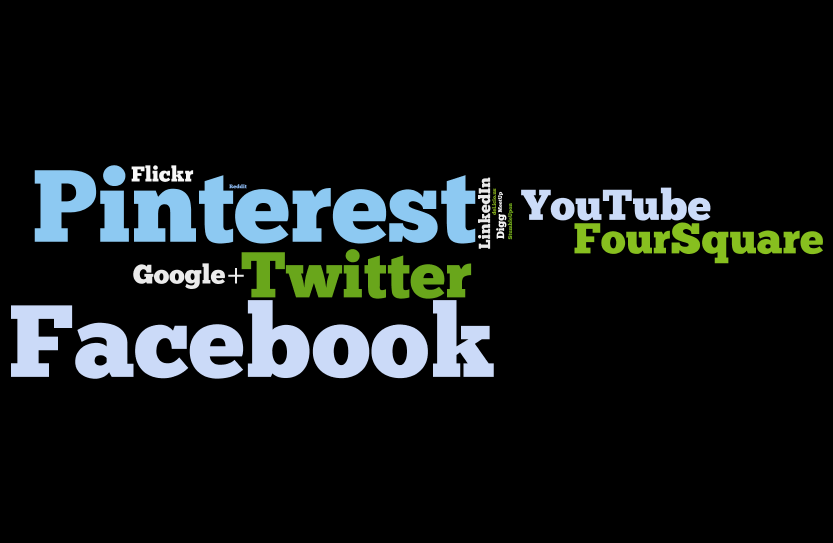Over at the Center for Media Research, an interesting article was published yesterday regarding the perceptions that marketing directors have of the agencies they have hired, particularly as it relates to marketing innovation. Obviously, this topic is of great interest to us.
The main points of the study, conducted by the Horn Group and Kelton Research, fell into four categories:
1) Marketing innovation
2) Delivering results
3) Agency size
4) Cross-agency collaboration
Let’s take a look at how Chief Marketing Officers felt about their agencies in each category.
Marketing Innovation. Surprisingly, only 3% of marketing executives seem to feel that their agencies are leading the way in terms of their company’s innovation. Instead, they feel that innovation is being driven by themselves and their customers.
This is a definite area for improvement on the agency side, and it comes down not only to just being more innovative, but also making sure that there is a strong client relationship so the agency can promote its innovation. Oftentimes agencies do themselves a disservice by not marketing their services and strategic thinking to existing clients. In our fast-paced world of modern business, decisions are made and executed quickly, with little time for debate or discussion.
As another point regarding innovation, over ⅔ of marketing executives indicated that their agencies are behind in terms of digital integration, and nearly ¾ feel their agencies are also behind with social media integration. These startling statistics are tempered somewhat when one sees that over half of the executives indicated that their company’s own internal policies were the biggest roadblock to utilizing an integrated marketing approach across their agency partners.
Delivering Results. This is an area of huge potential for agency partners. Over 40% of marketing executives with 10+ years experience said that an agency’s ability to deliver results and execute their plans properly was far more important than cost (the agency’s fees) or the agency’s reputation. Interestingly, marketing executives with fewer than 10 years experience don’t feel the same way; only 28% of them feel that an agency’s ability to deliver results is the agency’s most important quality.
It is encouraging to read the importance that marketing executives place on delivering results, even if we wish those numbers were a little higher. Agencies always want to be known for being able to meet their clients’ goals and drive their business forward, versus being known as “the lowest cost provider.” Purely coincidentally, we actually posed a question on this topic over at the Advertising Age group on LinkedIn last week. We asked “When selecting a media planning and buying agency, what are your main concerns?” The majority of the responses so far seem to indicate that knowledge of the client category, responsiveness, analysis, and accountability are among the top qualities desired.
Agency Size. In a shift from the way things were done in the past, marketers now prefer smaller agencies as their partners. Eighty-six percent of marketing executives prefer to work with firms with fewer than 50 team members, and 63% prefer to work with highly specialized firms. And over ¾ of marketing executives also prefer to think of their agencies as partners, not merely vendors.
In an unexpected twist, ⅔ of marketers at companies with $10 million plus in revenue rely on a smaller roster of agency partners, versus about half of marketers at companies with fewer than $10 million in revenue.
The trend toward using smaller, specialized boutique agencies was also mentioned by several clients in our question over at Ad Age last week.
Cross-Agency Collaboration. Lastly, marketers spoke about collaboration among their agency partners. Eighty-eight percent of marketers indicated that their agencies only collaborate on specific projects versus on an on-going basis. About a ⅓ of marketers said that agencies that focus on collaboration are more likely to ensure that there is a seamless multi-agency approach to the business.
Again, this is a big area of opportunity for agencies. While big, full service agencies still have a role, more and more, marketers prefer to partner with boutique agencies that specialize in two or three areas, and add other services into the mix via close partners. As the report summarizes, the key is about “creating cohesive brand experiences across every medium that matters… from physical to digital, social, and mobile. “
That’s important advice for every agency to live by.
Comments are closed.




